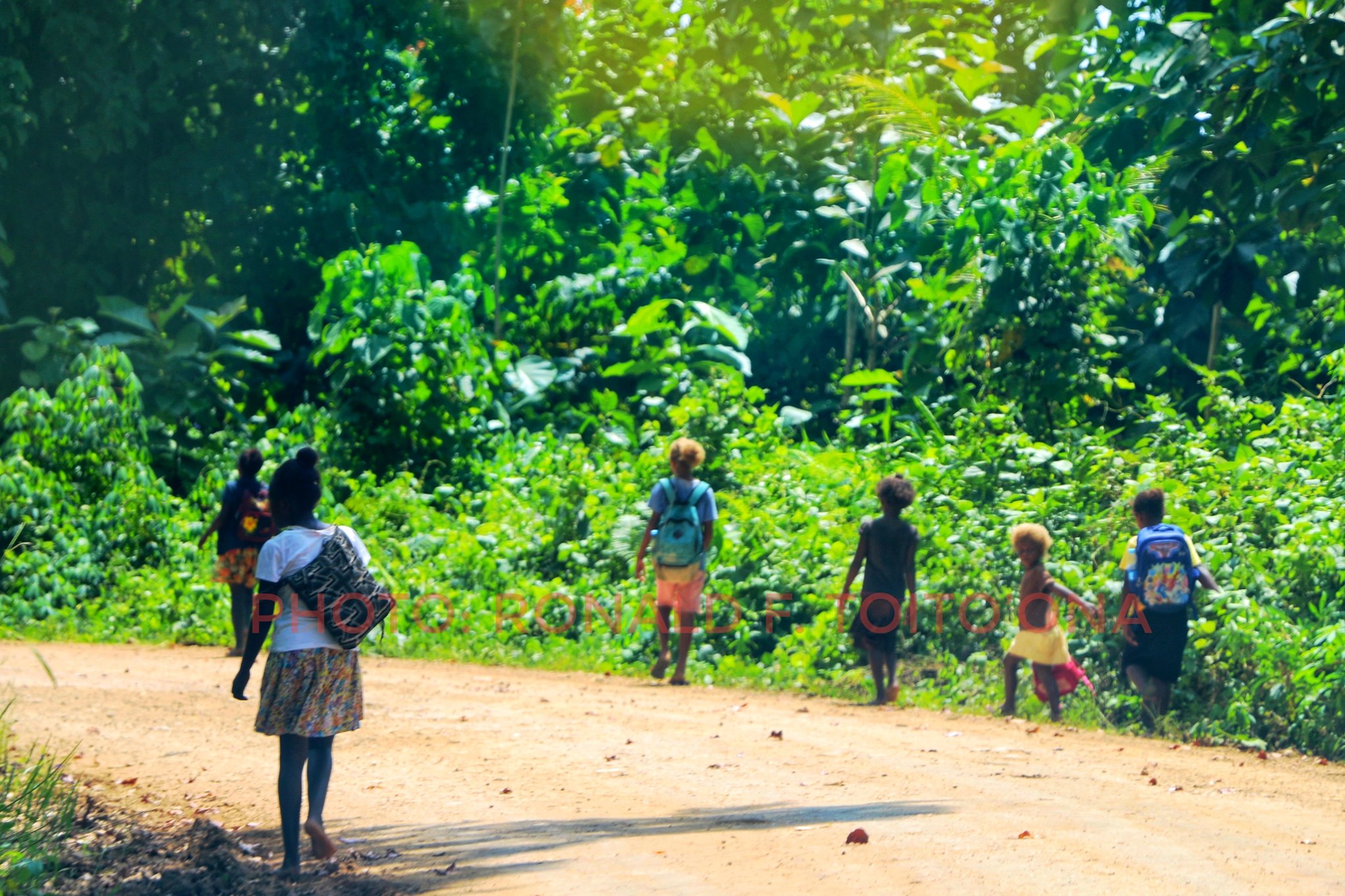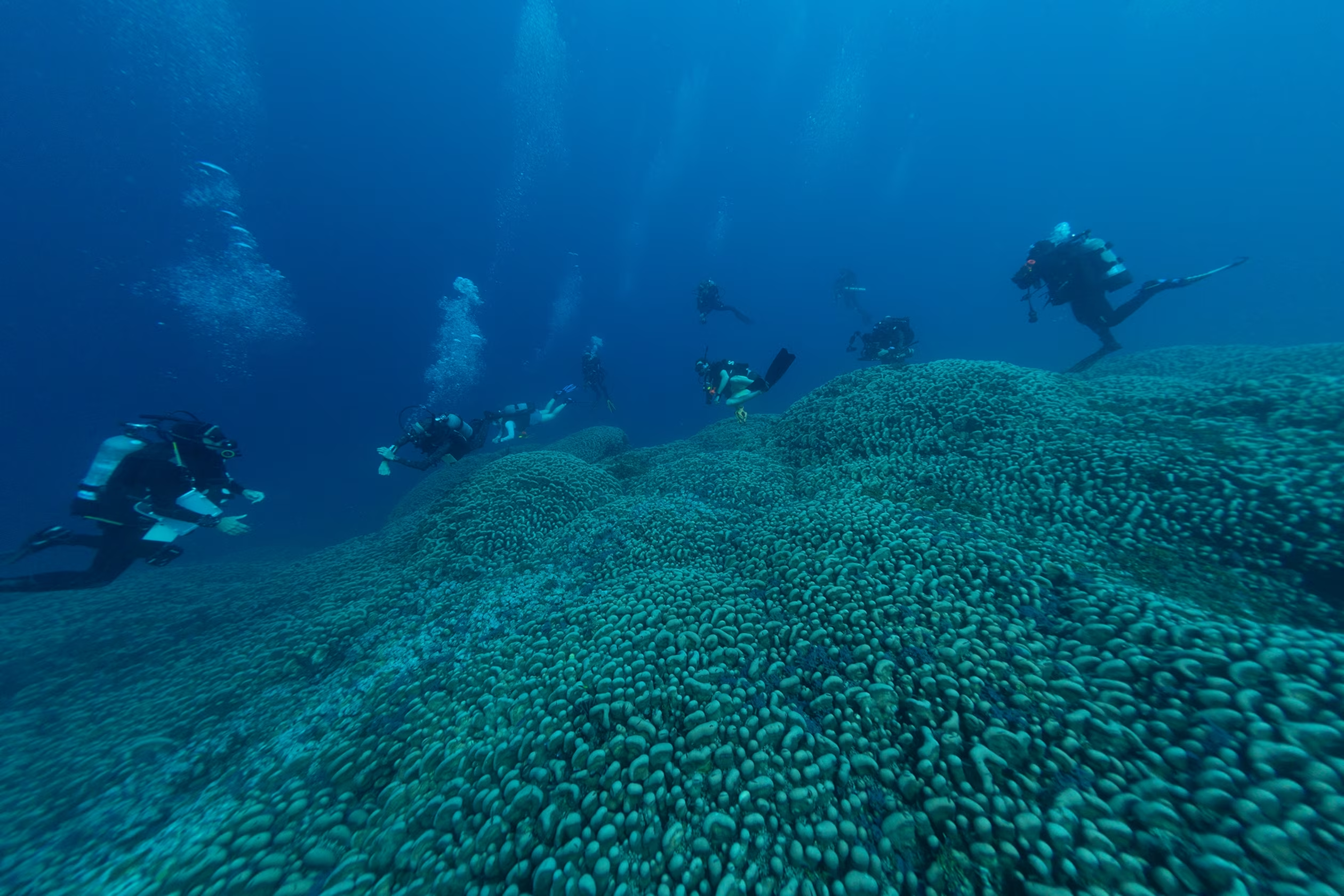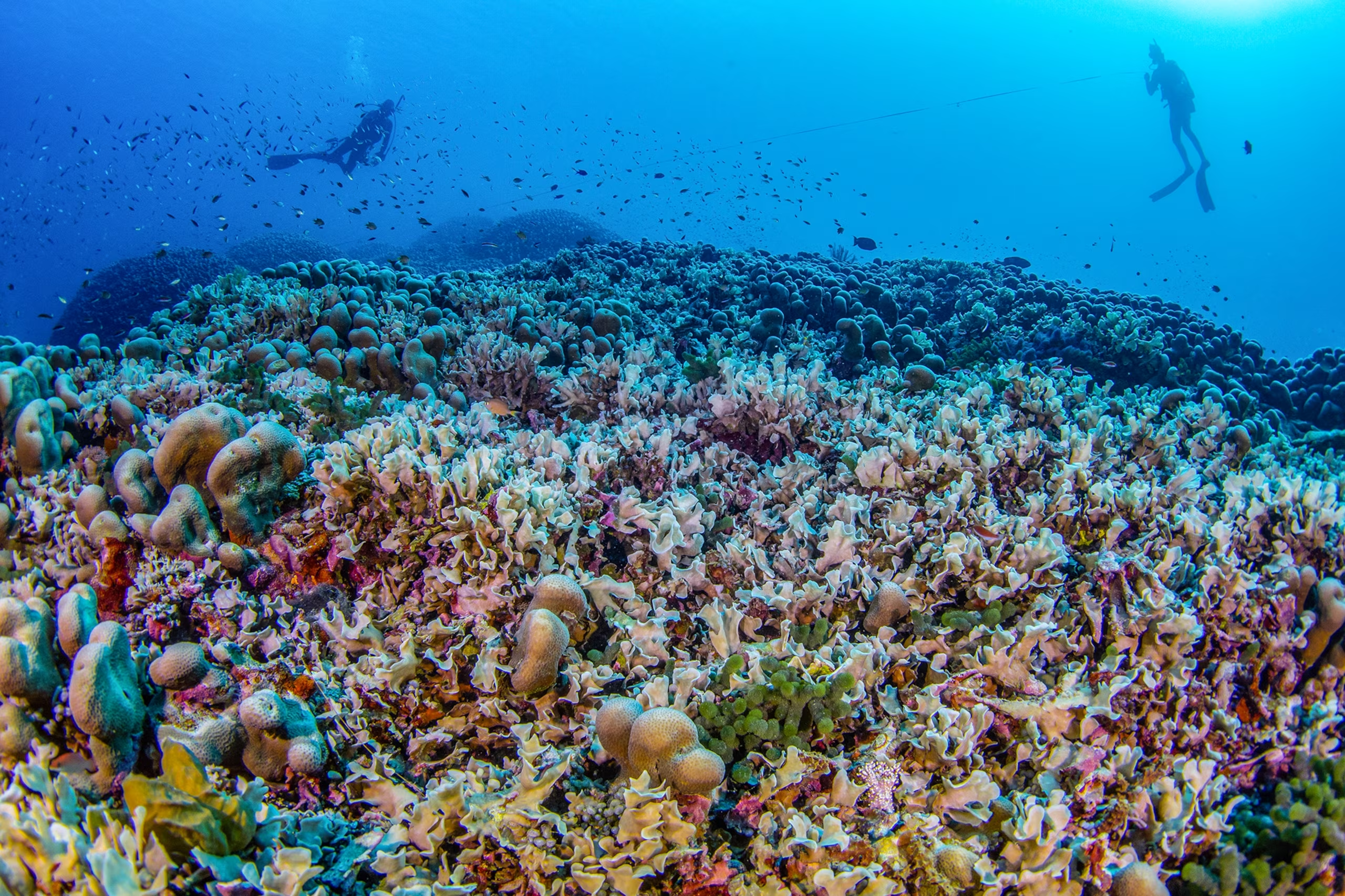
by Lamantha Lano
A growing number of children are facing exploitations, abuse and severe labour in the Solomon Islands, according to a recently launched assessment report.
The assessment report revealed serious Child Protection issues, including sexual exploitation and abuse to children as young as 11 years old.
Launched last week to coincide with the World Day Against Trafficking in Persons, the rapid assessment was commissioned by the Ministry of Health and Medical Services and UNICEF after the issue of children working, walking and living on the streets of Honiara, was identified as a key child protection issue by the Homes of Peace and Empowerment (HOPE) Trust and other stakeholders.
A total of 170 children were interviewed, 115 boys and 55 girls under the age of 18.
It was found that of the 55 girls (aged 7 to 18), five of them reported having faced sexual exploitation.
An additional 60 children, mainly between 7 and 18 were trafficked for non-sexual purposes and engaged in hazardous activities.
The youngest child engaged in work was six years old. Majority of the children interviewed who engaged in the informal sector work were below the age of 14.
The report stated that most of the children were reportedly out of school children with some having never attended school at all.
Most of the children were below minimum working age ranging from 10 to 16.
Four children were involved in illicit activities including begging while others worked in hazardous jobs such as loading and unloading cargo from ships, constructions, scavenging and mechanical work which are considered to be among the worst forms of child labour.
In the low and medium category, a significant number of children were found to be involved in street work and walking, influenced by complex factors such as peer pressure, economic constraints and family issues.

The report stated what’s concerning is the lack of awareness among these children regarding the risks associated with street activities, especially human trafficking and sexual exploitation.
It revealed that strained family links has a big impact on children especially their emotional and social development.
There is a notable gap in the assessment on awareness about available support services, with majority of the children being unaware of resources beyond schools, clinics and police stations.
The report provided invaluable insights into the commonness and associated risks faced by children engaged in street activities, emphasizes the critical need for targeted interventions meaning to support children or families experiencing family violence and provide early help in addressing child safety and wellbeing issues.
It stated that effective collaboration with relevant ministries, NGO’s, CSO’s, community-based groups and donor partners is crucial for the successful implementation of recommendations.
“Urgent actions should include awareness campaigns, distribution of informational materials and targeted interventions,” it was recommended.
Recommendations given in the assessment are:
I) Develop an advocacy strategy focusing on child protection and in particular, human trafficking and child exploitation.
II) Review relevant legislation to establish its suitability for application in the areas of child protection, such as human trafficking and child exploitation.
III) Distribute information, education and communication (IEC) materials within communities and entry points in Honiara where children, as well as visitors from the provinces and overseas, can access information. This may include methods such as radio talks and SMS messaging.
IV) Establish family counselling service to facilitate collaboration between parents or guardians and children, fostering improving relationships and communication. Trained professionals can mediate and address underlying issues.
V) Deploy an enforcement team, such as the police, for foot patrols in area identified as hotspots for theft. Additionally, responsible authorities should address issues related to street lighting for public safety.
VI) Ensure that identified cases, particularly those involving sexual exploitation, receive follow-up from service providers, including counselling and other essential support.
These recommendations are directed towards the social welfare division within the Ministry of Health and Medical Services (MHMS), the Ministry of Women, Youth, Children and Family Affairs (MWYCFA) and UNICEF. The Social Welfare Division of MHMS plays a crucial role in implementing initiatives related to child protection and UNICEF is a key partner with a vested interest in promoting the well-being of children.


















